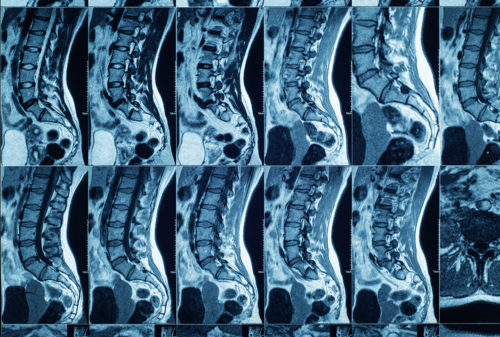The food choices we make can have a major effect on our health both in the long-term and the day-to-day. Food is the energy we put into our bodies to fuel everything we do. Good choices can help us feel focused and motivated throughout our day whereas bad choices may give us swing moods and make it difficult to concentrate.
Over the long term, a lifetime of healthy eating habits promotes physical, psychological and social well-being, adding not only days to your life but life to your days. On the other hand, a lifetime of poor food choices will inevitably lead to chronic diseases such as diabetes, stroke, heart disease, osteoporosis and other diseases that affect millions of Americans.

Perhaps this is because healthy eating is not an easy thing to do! Expenses, lack of education, and the amount of effort it takes to successfully maintain a healthy diet are roadblocks to a healthy diet. Despite these challenges, keeping a healthy diet is possible for everyone. And your health is worth it. There are a few key practices that can help you start or maintain your path to healthy eating: practicing moderation, establishing a balance, and planning ahead.
Moderation is another important factor to keep in mind. Diets that completely cut out your favorite foods are generally not effective and usually don’t last very long. An effective diet is one that focuses on making small changes that can be maintained. Rather than completely overhauling your diet, simply try reducing the portion size of the high-calorie foods in your diet. The Center for Disease Control (CDC) provides a recommendation for calorie intake based on your age, gender and activity level.
You can see the 2015 – 2020 Dietary Caloric Guidelines here. Another way you can practice moderation is to opt for the “healthier” of two unhealthy choices. For instance, choices lean cuts of meat over full fat or having skim milk instead of whole milk.

Remember, reducing your calorie intake is not the only way to lose weight. Increasing your daily activity level is an extremely effective way of promoting weight loss using a simple “Calories In- Calories Out” formula to achieve the next key principle of a healthy diet: Balance. A number of calories you take in each day should equal the amount you burn during your daily activity and exercises, in order to maintain and not gain weight. If you want to lose weight, the calories burned should outnumber the calories you take in. Using an app on your phone such as “Lose It” or “My Fitness Pal” can make it easy to calculate and track calories in and out so that you stay on track If you are interested in starting an exercise program or simply want to get more active but are unsure how to get start- don’t worry, we can help. Give us a call at WWS Physical Therapy and we would be happy to help you get started toward a more active lifestyle.
The next key to healthy eating is planning ahead. Spending a little time to do this at the start of the week can save you both time and money while promoting a healthy-eating lifestyle. Sit down, look up some delicious and healthy recipes you would like to try, and make a grocery list. Going shopping for all your groceries at one time, means you save time on making extra trips to the grocery store. You can also prepare meals in advance so they are ready to go into the oven on those busy nights when you really don’t have time to cook a meal. This will save you money that you would have otherwise spent on fast-food or take-out. Plus, you can pack the leftovers for lunch the next day. Be a good meal planner also means that all of the food in your refrigerator has a purpose and less food will go to waste.
Keep moderation in mind, get active to balance your calorie intake and output, and spend the time to plan out your meals. These three keys will get you off on the right foot on the path toward a healthy diet.


